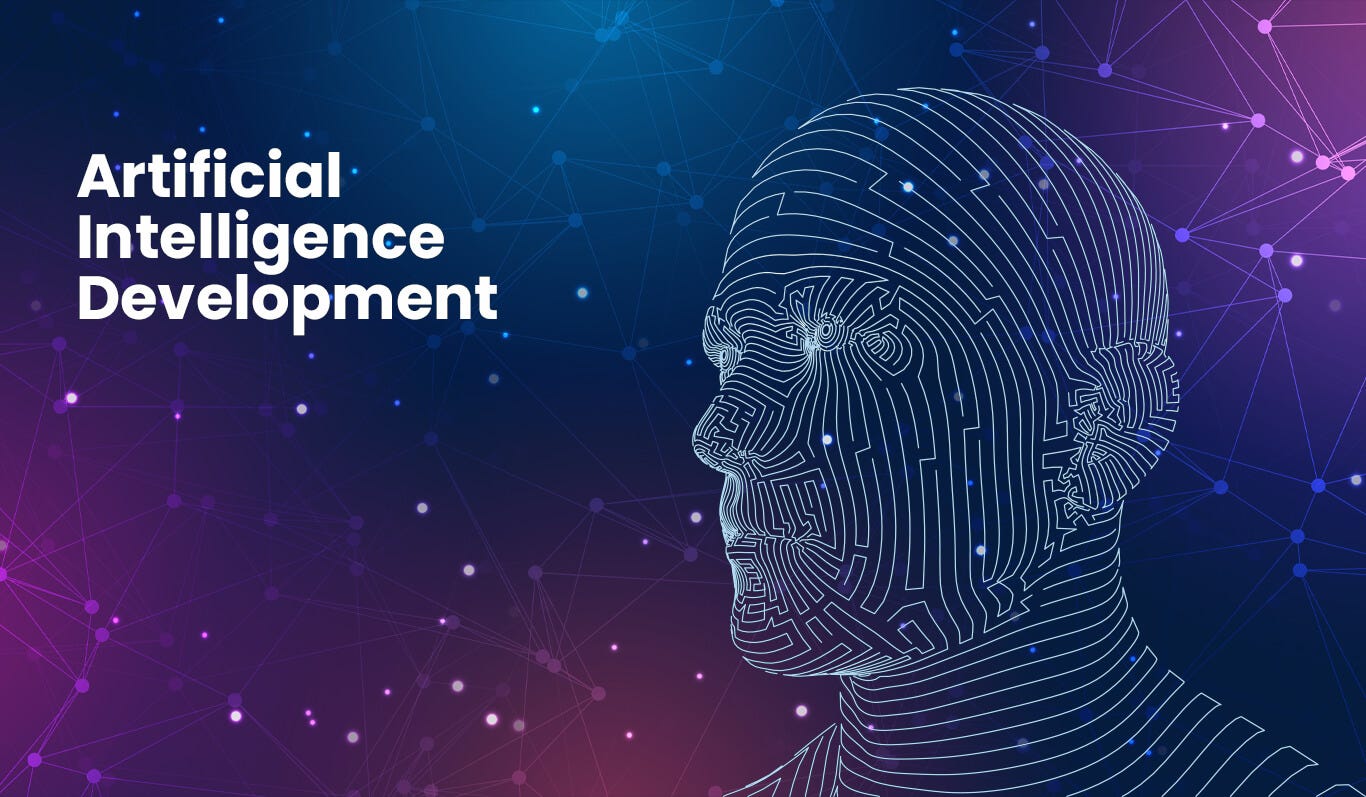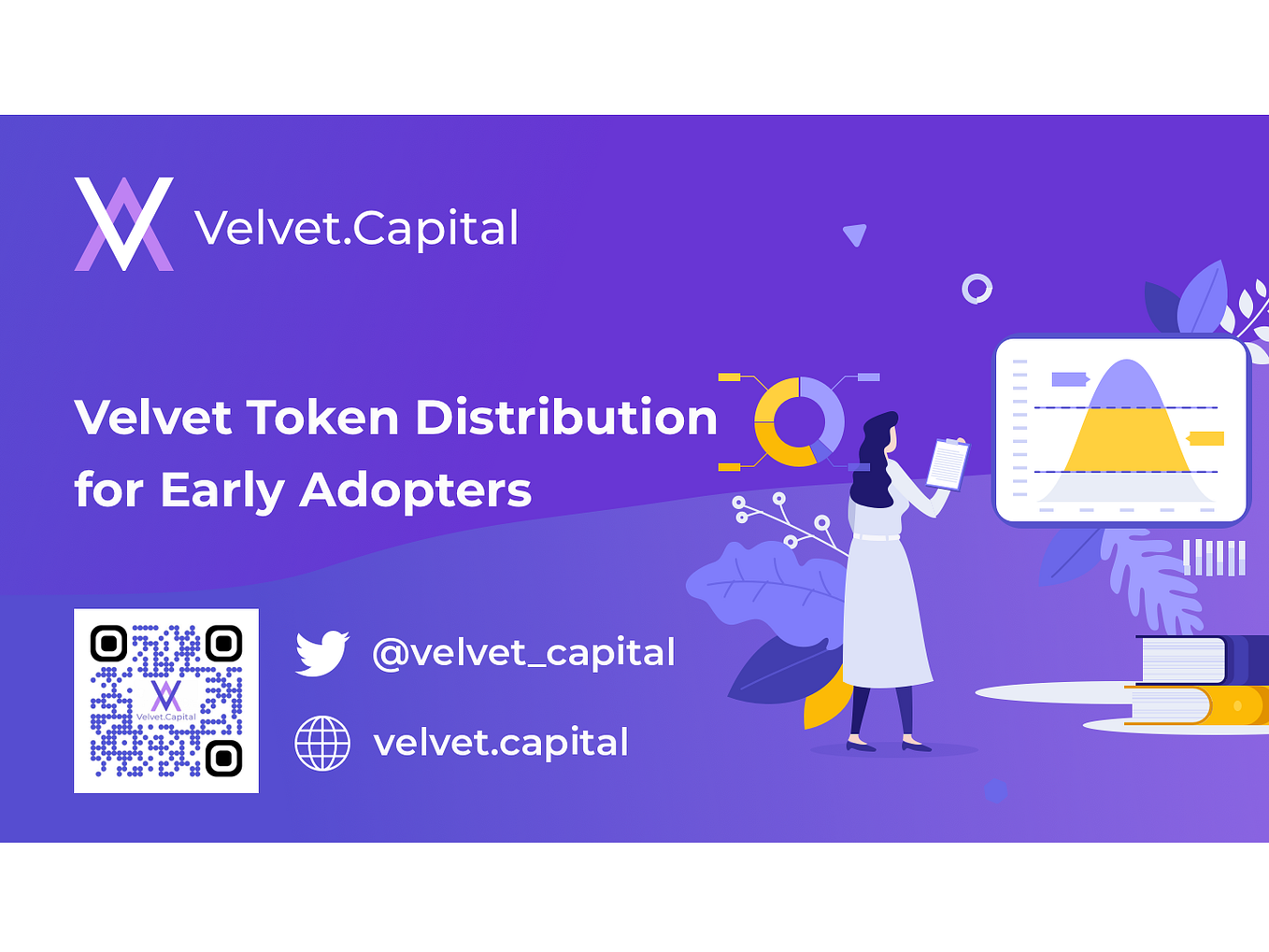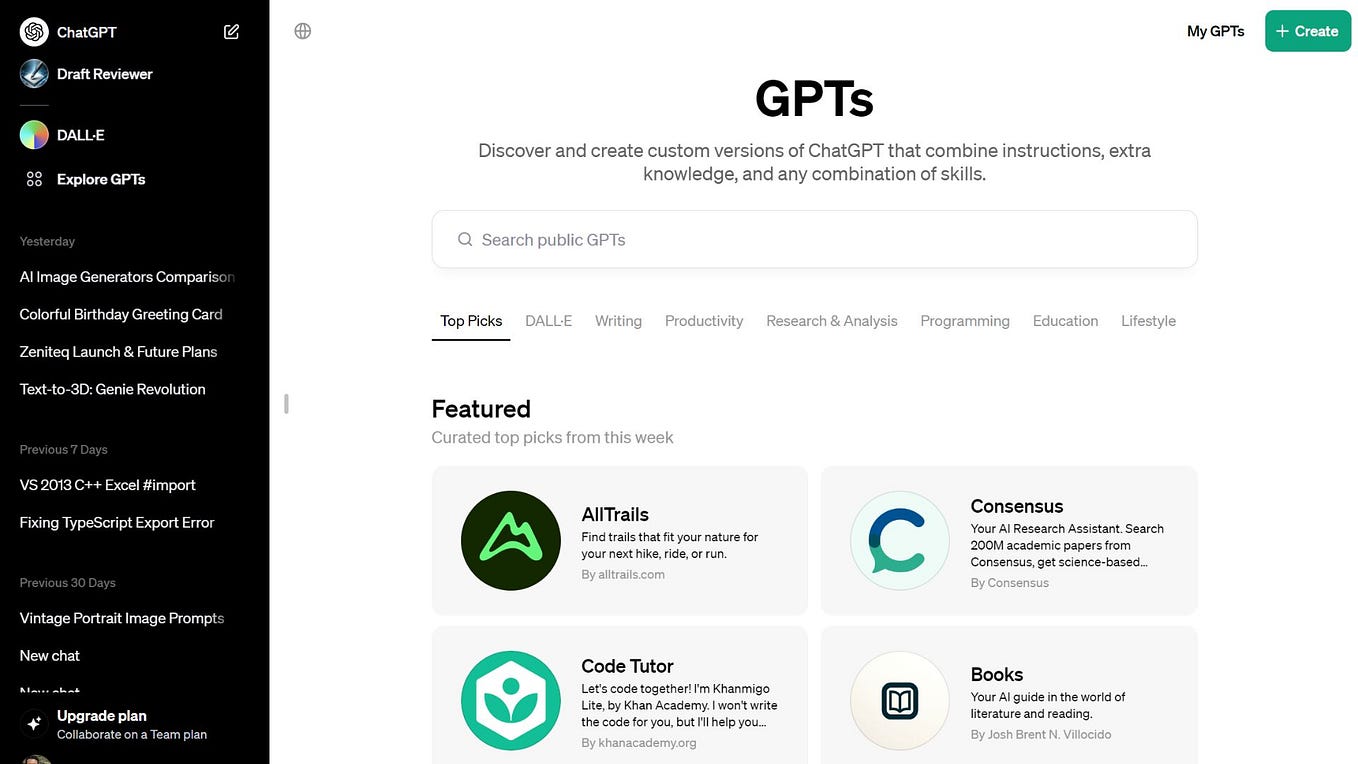AI Development: A Comprehensive Guide to Tools, Frameworks, and Business Empowerment
 Artificial intelligence (AI) stands at the forefront of technological innovation, revolutionizing industries and reshaping the business landscape. To harness the transformative power of AI, developers rely on sophisticated tools and frameworks. This blog post delves deep into the realm of AI development, exploring the significance of frameworks, highlighting popular AI tools, and providing insights into navigating the AI revolution for businesses.
Artificial intelligence (AI) stands at the forefront of technological innovation, revolutionizing industries and reshaping the business landscape. To harness the transformative power of AI, developers rely on sophisticated tools and frameworks. This blog post delves deep into the realm of AI development, exploring the significance of frameworks, highlighting popular AI tools, and providing insights into navigating the AI revolution for businesses.
What Is an Artificial Intelligence Framework?
Before immersing ourselves in the rich tapestry of AI development, let’s first understand the cornerstone of this process — the Artificial Intelligence Framework. In essence, an AI framework is a pre-built structure that serves as a foundation for developers. It accelerates the development process by providing a structured platform, reducing the complexities associated with coding from scratch. Now, let’s delve into some of the most prominent AI frameworks that have left an indelible mark on the tech industry.
Popular Artificial Intelligence Frameworks: Paving the Way for Innovation
AI development involves selecting the right framework, a decision that can profoundly impact the project’s success. These frameworks serve as the scaffolding for cutting-edge AI applications, enabling developers to navigate the complexities of machine learning and deep learning. Let’s explore the popular AI frameworks that are paving the way for innovation:
1. TensorFlow
TensorFlow, an open-source machine learning framework developed by Google, has emerged as a titan in the world of deep learning applications. Its flexibility and scalability make it the go-to choice for developing AI models across diverse domains.
2. PyTorch
PyTorch, renowned for its ease of use and dynamic computational graph, is a dynamic deep learning framework. Widely adopted by researchers and industry professionals, PyTorch facilitates seamless transitions from experimentation to production.
3. Keras
Keras, with its user-friendly interface, serves as a high-level neural networks API. Integrated with TensorFlow, it simplifies the implementation of complex neural network architectures, making it accessible to developers of varying expertise.
4. Scikit-Learn
Scikit-Learn, a versatile machine learning library, offers simple and efficient tools for data analysis and modeling. Its user-friendly interface makes it an excellent choice for developers aiming to implement machine learning algorithms without diving too deep into complexities.
5. MXNet
MXNet, backed by the Apache Software Foundation, is celebrated for its scalability and efficiency. Its ability to distribute training across multiple GPUs and machines makes it a preferred choice for projects requiring high-performance computing.
6. Theano
Theano, although less prevalent today, played a pivotal role in the early days of deep learning. Acknowledged for its efficient use of GPUs, Theano laid the groundwork for subsequent frameworks, contributing significantly to the evolution of AI development.
Best Tools for Artificial Intelligence Development: Navigating the Complexity
While frameworks provide the structural foundation, tools serve as indispensable aids in the actual development process. Here are some of the best AI development tools that empower developers to create innovative AI solutions.
1. Jupyter Notebooks
Jupyter Notebooks provide an interactive environment for AI development, allowing developers to create and share documents containing live code, equations, visualizations, and narrative text. This tool enhances collaboration and streamlines the development workflow.
2. IBM Watson Studio
IBM Watson Studio is an integrated environment designed to accelerate the development of AI projects. With features like collaborative project management and model deployment, it simplifies the end-to-end AI development process.
3. Azure Machine Learning
Microsoft’s Azure Machine Learning is a cloud-based platform that facilitates the development, training, and deployment of machine learning models. Its integration with other Azure services makes it a powerful tool for scalable AI solutions.
4. Google Colab
Google Colab provides free access to GPU resources, making it an attractive option for developers experimenting with resource-intensive AI models. Its collaborative features enable teams to work seamlessly on AI projects.
5. AutoML Tools
AutoML tools, such as Google AutoML and H2O.ai, automate the process of selecting the best machine learning model for a given dataset. These tools empower developers with limited expertise to create effective AI solutions.
6. Docker
Docker is a containerization platform that streamlines the deployment of AI applications. By encapsulating AI models and their dependencies in containers, developers ensure consistent and reliable performance across different environments.
Navigating the AI Revolution: How Businesses Can Thrive
As businesses embrace the AI revolution, it’s crucial to adopt strategies that ensure not just survival but thriving in this transformative era. Here are key considerations for businesses looking to leverage AI effectively.
1. Embrace a Culture of Continuous Learning
In the rapidly evolving field of AI, staying updated with the latest advancements is crucial. Businesses should foster a culture of continuous learning, encouraging employees to upskill and adapt to emerging technologies.
2. Foster Cross-Functional Collaboration
AI projects often require collaboration between diverse teams, including data scientists, engineers, and business analysts. Fostering cross-functional collaboration ensures that AI solutions align with business objectives and deliver meaningful outcomes.
3. Prioritize Data Security and Privacy
As businesses collect and utilize vast amounts of data, ensuring its security and privacy is paramount. Implementing robust cybersecurity measures and adhering to data protection regulations build trust with customers and stakeholders.
4. Invest in AI Talent Acquisition and Development
Building a competent AI team is a strategic investment. Businesses should focus on attracting top AI talent, either through recruitment or upskilling existing employees. A skilled workforce is essential for successful AI implementation.
5. Explore Industry-Specific AI Applications
Different industries have unique challenges and opportunities for AI integration. Businesses should explore industry-specific AI applications to gain a competitive edge. Tailoring AI solutions to meet sector-specific needs enhances their relevance and effectiveness.
6. Emphasize Ethical AI Practices
As AI technologies advance, ethical considerations become increasingly important. Businesses should prioritize ethical AI practices, ensuring fairness, transparency, and accountability in their AI applications.
Understanding the Cost of AI Development: A Pragmatic Approach
While the benefits of AI are immense, businesses must also consider the financial aspects of AI project development. Understanding the cost factors associated with AI development is crucial for effective budgeting and resource allocation. Here are key factors influencing the cost of AI projects.
1. Project Scope and Complexity
The scope and complexity of an AI project significantly impact its cost. Projects with intricate requirements or those targeting complex problem-solving demand more resources and, consequently, higher costs.
2. Data Quality and Quantity
The quality and quantity of data required for training AI models play a pivotal role in project costs. Accessing high-quality data and ensuring an adequate volume for model training contribute to project success but may incur additional expenses.
3. Model Development and Training
The process of developing and training AI models involves the expertise of data scientists and significant computational resources. The complexity of the chosen model and the duration of the training process contribute to overall project costs.
4. Infrastructure and Cloud Services
AI projects often rely on advanced infrastructure and cloud services. Costs associated with accessing computing power, storage, and specialized hardware impact the overall budget. Choosing the right infrastructure is essential for cost optimization.
5. Integration with Existing Systems
Integrating AI solutions with existing systems requires careful planning and execution. Compatibility issues, data migration, and system modifications contribute to project costs. Ensuring seamless integration is essential for maximizing the benefits of AI.
6. Maintenance and Updates
Post-deployment, AI solutions require ongoing maintenance and updates. Factoring in the costs associated with monitoring, troubleshooting, and updating models ensures the longevity and relevance of AI applications.
Why Choose an AI Development Company As Your AI Project Development Partner?
Selecting the right partner for AI project development is a critical decision that can significantly impact the success of your endeavors. Among the multitude of options available, Blockchain App Factory stands out as a trusted and innovative choice. Here’s why:
1. Expertise in Blockchain and AI Integration
Blockchain App Factory possesses extensive expertise in both blockchain and AI technologies. This dual proficiency allows them to create seamless solutions that leverage the strengths of both domains.
2. Proven Track Record of Successful Projects
The company boasts a proven track record of delivering successful projects across diverse industries. Their portfolio showcases a range of innovative solutions, highlighting their commitment to excellence.
3. Customized Solutions Tailored to Your Needs
Recognizing that each business has unique requirements, Blockchain App Factory offers customized solutions. Their team works closely with clients to understand their goals and tailor AI projects accordingly.
4. Emphasis on Security and Compliance
Security and compliance are non-negotiable aspects of AI development. Blockchain App Factory places a strong emphasis on these factors, ensuring that their solutions adhere to the highest standards of security and regulatory compliance.
5. Collaborative Approach to Project Development
Collaboration is at the core of Blockchain App Factory’s approach. They believe in involving clients throughout the development process, fostering transparency, and ensuring that the final product aligns with the client’s vision.
6. Continuous Support and Maintenance
Beyond the development phase, Blockchain App Factory provides continuous support and maintenance. This commitment to ongoing assistance ensures that AI solutions remain robust, secure, and up-to-date.
In Conclusion
As businesses navigate the AI revolution, the right combination of frameworks, tools, and strategic considerations is paramount. Embracing the power of AI development tools and frameworks equips businesses to innovate, adapt, and thrive in an era defined by artificial intelligence. By understanding the cost dynamics and partnering with a reliable development team like Blockchain App Factory, businesses can position themselves at the forefront of the AI revolution, ready to shape the future with intelligent solutions.
In this era of unprecedented technological advancement, the journey towards AI empowerment is ongoing. Businesses that embrace the possibilities of AI development not only survive but thrive in a landscape defined by innovation, efficiency, and intelligent solutions.
31
Ai Development
Artificial Intelligence
Ai Framework
Ai Tools
Ai Tools For Business
31
 Follow
Follow
Written by Serenawilliams
24 Followers
·
Writer for
Coinmonks
I'm Serena wiliams a 6+ years Experience in blockchain. NFTs, crypto, and the future of tech. Let's talk.
More from Serenawilliams and Coinmonks

 Serenawilliams
Serenawilliams
in
Coinmonks
Mastering Crypto Trading: A Comprehensive Guide to Bot Development
In the rapidly changing landscape of cryptocurrency trading, staying ahead of the curve is crucial. One strategy gaining popularity is the…
7 min read
·
Dec 20, 2023
3
 Shantanu Gupta
Shantanu Gupta
in
Coinmonks
Which Crypto Will Explode in 2024? Here Are Some Of MyTop Picks.
As we approach the end of the year, investors worldwide are gearing up for the anticipated bull run in the crypto market, eyeing the next…
4 min read
·
Dec 19, 2023
733
5
 Velvet.Capital
Velvet.Capital
in
Coinmonks
🚨Velvet.Capital Token Distribution (Airdrop)🚨
🚨 Airdrop Alert🚨: DeFi Asset Management Done right! Everything you need to know for Velvet.Capital’s Token Distribution & Airdrop!
4 min read
·
Dec 30, 2022
40K
1074
 Serenawilliams
Serenawilliams
in
Coinmonks
NFT in Sports: A Comprehensive Guide to Digital Assets and Market Dynamics
In the ever-evolving landscape of sports and technology, the integration of non-fungible tokens (NFTs) has emerged as a groundbreaking…
6 min read
·
Dec 26, 2023
Recommended from Medium

 Financeable
Financeable
12 Side Hustles You Can Do From Your Phone ($600+ Per Day)
Let’s be honest, if you’re reading this article, you probably have a phone or a laptop. And with this thing, you can make as much as $600…
13 min read
·
Dec 25, 2023
6.4K
106 James Presbitero Jr.
James Presbitero Jr.
in
Practice in Public
These Words Make it Obvious That Your Text is Written By AI
These 7 words are painfully obvious. They make me cringe. They will make your reader cringe.
4 min read
·
Jan 1
15.4K
441
Lists


 AI Regulation6 stories
AI Regulation6 stories
·
278
saves

 ChatGPT23 stories
ChatGPT23 stories
·
401
saves

 ChatGPT prompts34 stories
ChatGPT prompts34 stories
·
981
saves
 Generative AI Recommended Reading52 stories
Generative AI Recommended Reading52 stories
·
628
saves
 The PyCoach
The PyCoach
in
Artificial Corner
OpenAI Just Released The GPT Store. Here’s How To Use It And Make Money With Your GPT
Learn how to publish your GPT to the store and monetize it.
·
5 min read
·
Jan 11
1.8K
22 Ignacio de Gregorio
Ignacio de Gregorio
in
Towards AI
Is Mamba the End of ChatGPT As We Know It?
The Great New Question
·
8 min read
·
6 days ago
3.9K
38
 The Useful Tech
The Useful Tech
in
Mac O’Clock
7 Apps I Am Going to Use Every Day on My iPhone in 2024
2024 Is Going to Be Lit; I Can Feel It
·
14 min read
·
5 days ago
1.6K
28
 Jim Clyde Monge
Jim Clyde Monge
in
Generative AI
OpenAI’s GPT Store Is Live — You Can Now Publish Your Custom GPTs
GPT is now live. You can start creating your own custom GPT and make money.
·
4 min read
·
4 days ago
202
1




















![[ℕ𝕖𝕧𝕖𝕣] 𝕊𝕖𝕝𝕝 𝕐𝕠𝕦𝕣 𝔹𝕚𝕥𝕔𝕠𝕚𝕟 - And Now What.... Pray To The God Of Hopium?](https://cdn.bulbapp.io/frontend/images/79e7827b-c644-4853-b048-a9601a8a8da7/1)


































![[LIVE] Engage2Earn: auspol follower rush](https://cdn.bulbapp.io/frontend/images/c1a761de-5ce9-4e9b-b5b3-dc009e60bfa8/1)




